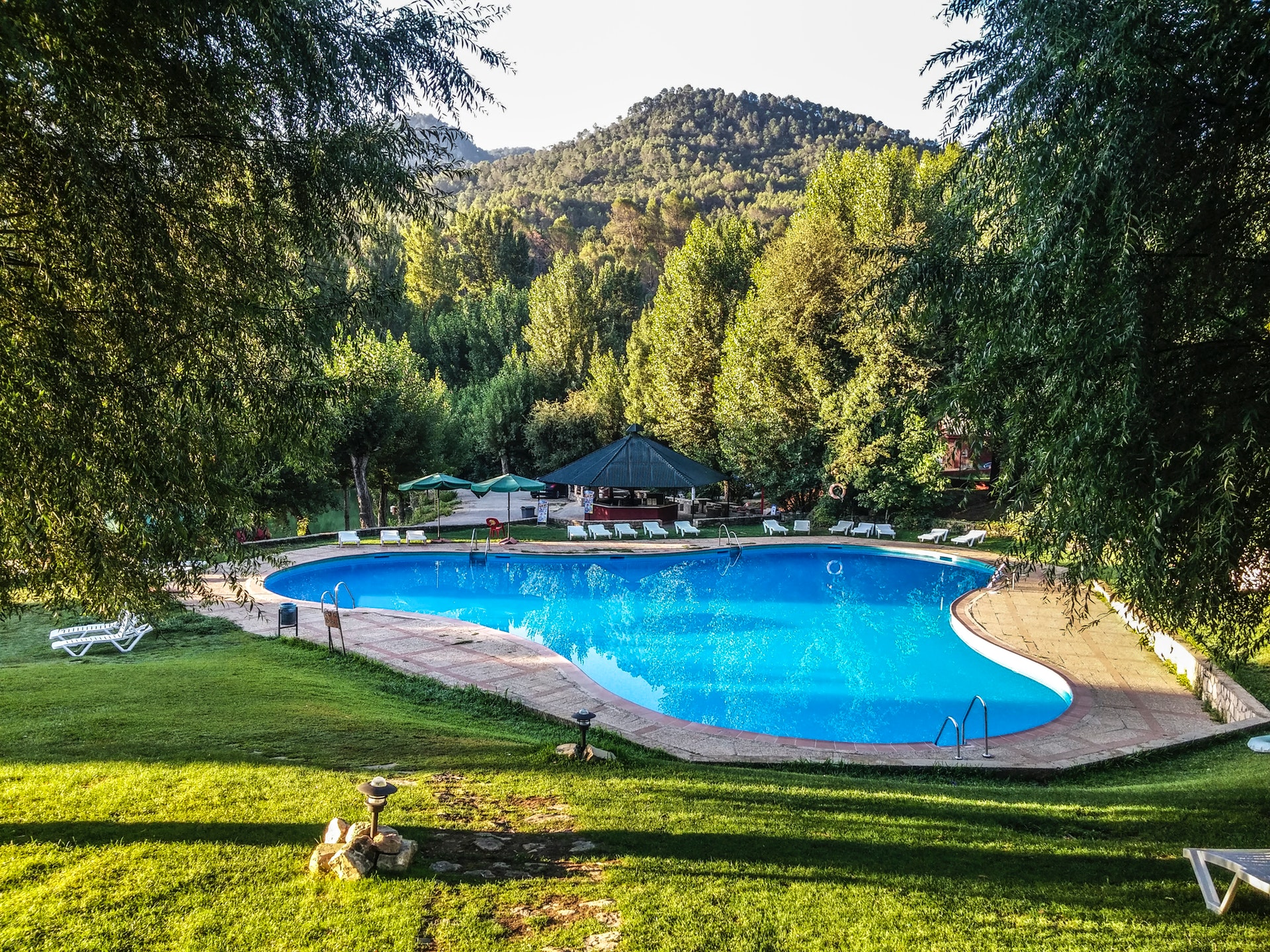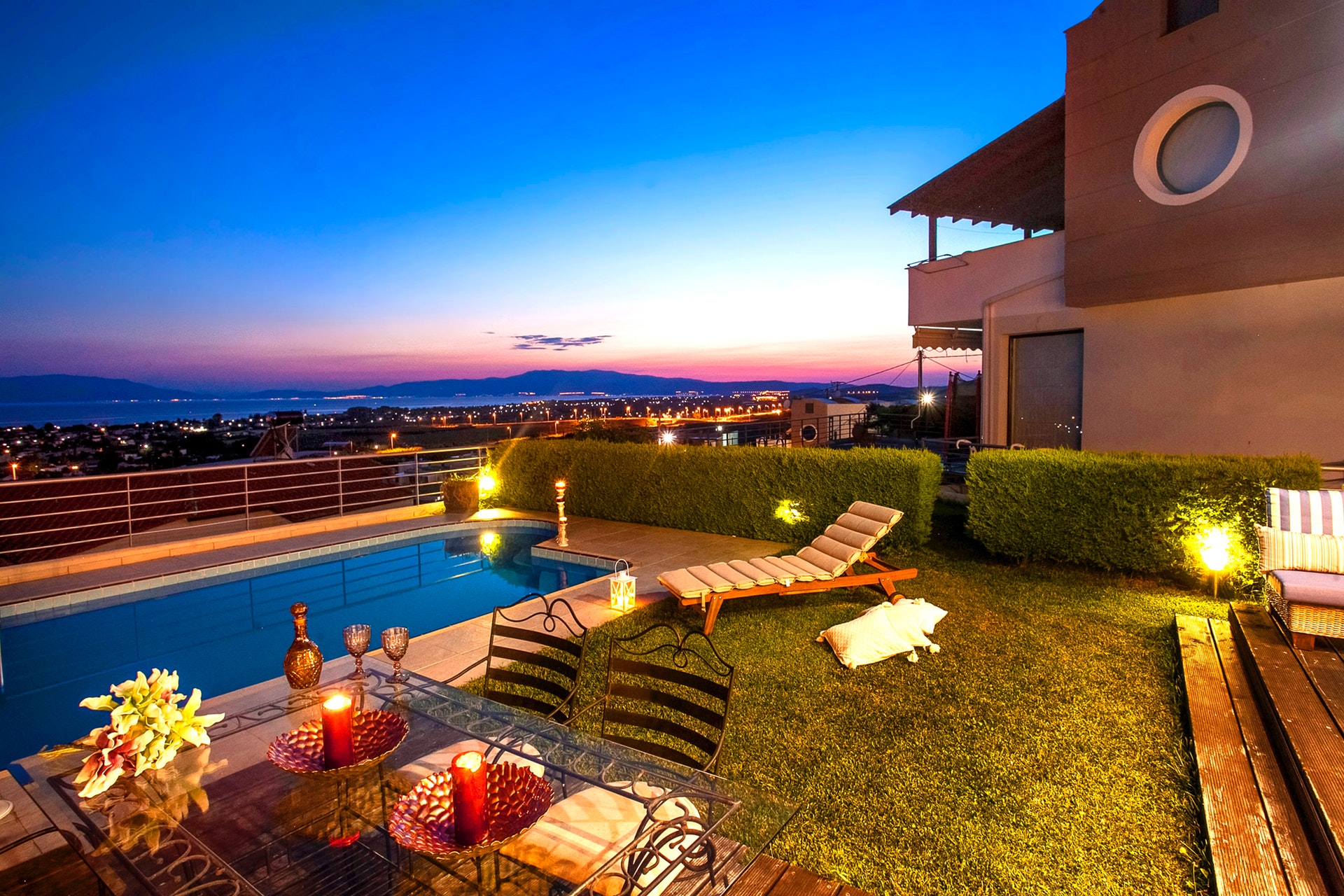If you’re on the market for a new swimming pool, you’ll have noticed that fiberglass fibreglass swimming pools are giving concrete and gunite models a run for their money. That’s because fiberglass pools come with a plethora of benefits that you can’t get with pools made from other materials.
In this article, we’re going to focus our comparison on fiberglass pools vs concrete pools, including the pros and cons of each option. Read on for more.
Concrete pools
Concrete pools are arguably the most common type of swimming pool around. The installation process usually starts with the excavation of a hole in the ground, then you take steel rods to create a steel web before pouring concrete on the inside of the hole. That’s what creates the shell or structure of the pool.
The interior of the pool is finished with plaster so that it has a nice smooth texture.
Pros
- You can customize the shape of a concrete pool to create any size pool you want. From kidney shaped swimming pools to L-shaped and Olympic size pools; the sky’s the limit.
- Concrete pools look great and they fit well in any setting or landscape.
Cons
- Concrete pools are difficult to maintain mainly because the inside of the pool finish is extremely rough and porous. This makes them a breeding ground for algae and you need to purchase a lot of chemicals to clean them on a weekly basis. This is in addition to sweeping them regularly as well.
- They take a while to install. An average concrete pool installation takes about 3 to 6 months. That means if you start installation in September or October, there’s a good chance you’ll miss out on swimming season.
- Concrete pools have a high cost of ownership over the lifetime of the pool. This includes all the expenses that come with daily maintenance as well as acid washing which you have to do every 3 to 5 years to kill algae and restore the plaster’s original look. You must also refinish the interior of the pool after about 15 to 20 years which is not a cheap endeavor.
Fiberglass pools
The shell of a fiberglass pool is manufactured off site and it’s delivered on a truck. To install the swimming pool, the construction crew must dig a hole that’s roughly the same shape as the shell. The installer will also place protective material on the ground before setting the pool down in the hole. After that, the pool is filled with water and a certain material is placed around the outer layer of the pool to fill the void between the earth and the pool shell. This process is known as back-filling and that’s pretty much all that’s needed to install a fiberglass pool.
Although the sides of the pool are smooth, the bottom is usually more textured and doesn’t feel slippery.
Pros
- It’s low maintenance. The exterior of a fiberglass pool is coated with an extremely smooth and non-porous material known as gelcoat. Thanks to this material, algae have nowhere to hide in a fiberglass pool.
Also, chemicals work more efficiently on this type of pool and you spend less time maintaining it in comparison to a concrete pool. A fiberglass pool is as close as you’ll get to a maintenance free life.
- They’re quick to install. A fiberglass pool takes about 3 to 6 weeks to install.
- Fiberglass pools offer low cost of ownership over the lifetime of the pool. You’re not going to spend as much money maintaining it with chemicals or acid washing as you would with a concrete pool. It’s worth noting that fiberglass pool finishes are extremely durable and you won’t have to refinish it every 15 to 20 years like you would a concrete pool either.
Cons
- The initial investment that goes into a fiberglass pool is higher than that of a concrete pool. But, fiberglass pools require very little maintenance and this makes them cheaper to own in the long term.
- Fiberglass pools are prefabricated, so you have a limited number of designs and sizes to choose from.
The Verdict
All told, there’s a huge difference between concrete and fiberglass swimming pools, and fiberglass is hands-down the better option. Fiberglass pools offer hassle-free maintenance, they’re cheaper to own and installation is a breeze. The gelcoat in fiberglass pools won’t allow anything to stick to it so it naturally repels algae growth and mold, making it the perfect option for families or anyone with sensitive skin issues.


